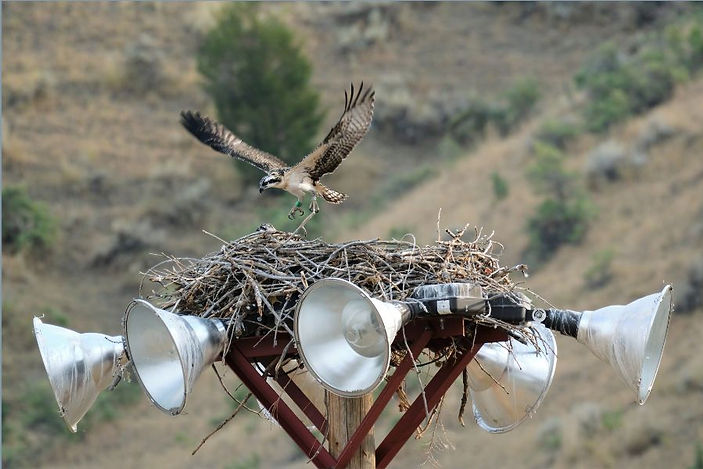top of page
Going to War
Peter Conrad

Like all my friends in Hinton, Alberta, I knew that the Second World War was still going on in the mid-1960s. The radio played big band music. There was Verra Lynn singing about how we'd all meet when the light was back on all around the world. You could see the black-and-white newscast of the war on the new television sets we were all getting, and there were daily tests of the air raid sirens at noon in town. There was one situated just outside Mountain View School. It sounded at night to let the volunteers of the town’s fire department know they had to go to the station for a fire. We were sure sometimes the fire was because a bomb had been dropped on Hinton.
No one told any of us about the DEW Line, the Distant Early Warning Line in the far north to monitor the movement of Russian bombers near Canada that could fly to the United States. We had drills with the sirens when we crawled under our desk because bombs could fall on us. There were regular sonic booms in town from the military jets flying along the mountain just west of town.
When we had a second-grade discussion about what we wanted to be when we grew up, almost every boy and girl wanted to be in one of the services. The girls were going to enter the Women’s Division of the RCAF, or the Naval Auxiliary. The boys were scattered through all the various services, and I was going to be in the Royal Canadian Air Force.
The teacher’s expression was amused and then it turned to confusion and concern: there was no military facility nearby. There were survival-training facilities at Blue Lake, which brought soldiers in huge double blade helicopters, but nothing to suggest that we were all military families.
She shook her head and looked at me, and asked, “Why do you all want to join the military?”
“To fight in the Second World War,” I said.
“The Second World War,” she said, confused.
“We want to help win it,” said Greg, a classmate.
“Win it?” questioned the teacher. We all smiled and nodded. “But it’s over,” she said. “It has been over for nearly twenty years.”
We stared in disbelief until someone asked, “Who won?”
“We did,” she said without hesitation.
The class roared with excitement.
Peter Conrad’s work was a winner of the My Dream Writing Contest 2024 and appeared in Wingless Dreamer Publisher's 2024 anthology "Summer Fireflies 2". His work appears in Bare Hill Review, the Quillkeepers, Active Muse, Folklore, Western People, Half and One, and The Prairie Journal. Peter Conrad had two short stories broadcast on CBC radio. He published articles and lectures in Art History for the Art Institute Online. He has the nonfiction titles Training for Victory and Training Acesas well as creative nonfiction title Canadian Wartime Prison Escapespublished. Peter graduated from the University of Saskatchewan with his Bachelor of Education and an MA.
Image Credit: Jason Geer
bottom of page